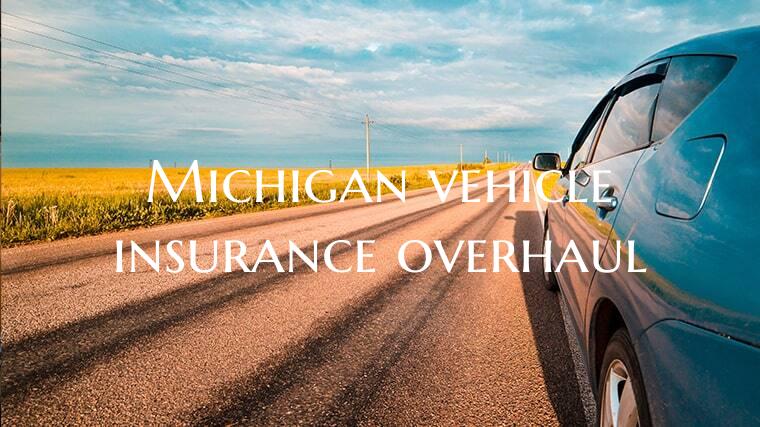Introduction: Michigan's vehicle insurance industry is undergoing a significant overhaul aimed at improving affordability and providing better coverage options for residents across the state. The changes are set to impact drivers and insurance providers alike, with the ultimate goal of reducing premiums while maintaining quality protection for policyholders. Let's delve deeper into the key aspects of this transformation and what it means for Michigan motorists.
Key Reforms: 1. No-Fault Reform: One of the central pillars of the Michigan vehicle insurance overhaul is the reform of the state's no-fault system. Under the new legislation, drivers will have more flexibility in choosing their personal injury protection (PIP) coverage levels, which can help lower premiums for many policyholders. The reform also includes a fee schedule for medical providers, aimed at reducing inflated medical costs associated with auto accidents.
2. Cost Reduction Measures: The overhaul includes various cost reduction measures designed to make auto insurance more affordable for Michigan residents. These measures include new regulations on how insurers set rates, as well as fee reductions for catastrophic claims association (MCCA) assessments. Additionally, the reform prohibits the use of non-driving factors, such as credit scores, education levels, and zip codes, in determining insurance rates.
3. Coverage Options: With the changes brought about by the Michigan vehicle insurance overhaul, drivers now have more flexibility in choosing their coverage levels. They can opt for different levels of PIP coverage to better suit their needs and budget. Additionally, policyholders now have the option to exclude certain household members from their policies under specific circumstances, which can further impact premiums.
4. Transparency and Accountability: The reform emphasizes transparency and accountability within the insurance industry. Insurers are required to provide clear information about coverage options and pricing, enabling consumers to make informed decisions about their policies. Additionally, the legislation strengthens regulatory oversight to ensure compliance and fair practices among insurance providers.
Impact on Policyholders: Michigan motorists stand to benefit significantly from the vehicle insurance overhaul. By having more control over their coverage options and premiums, drivers can tailor their policies to better fit their individual circumstances. The reduction in costs and improved transparency also contribute to a more consumer-friendly insurance market in the state.
Conclusion: The ongoing Michigan vehicle insurance overhaul represents a positive step towards enhancing affordability and choice in auto insurance for residents. By implementing critical reforms to the no-fault system, cost reduction measures, and improved coverage options, the state aims to create a more balanced and competitive insurance market that serves the best interests of policyholders. As these changes continue to unfold, it is essential for drivers to stay informed and explore the new opportunities available to them in the transformed insurance landscape.

